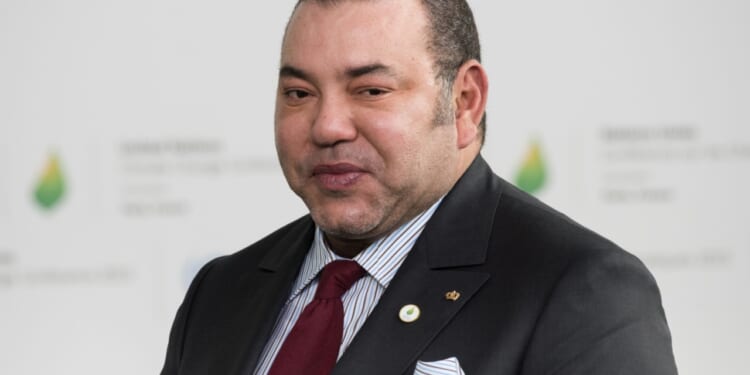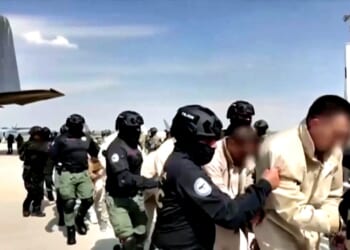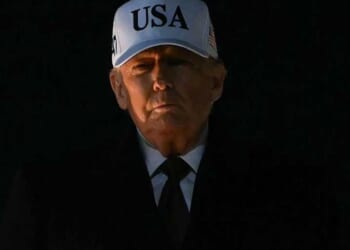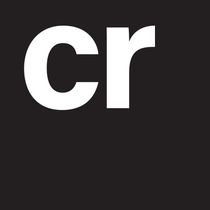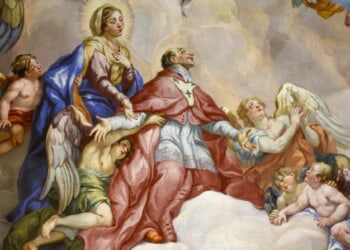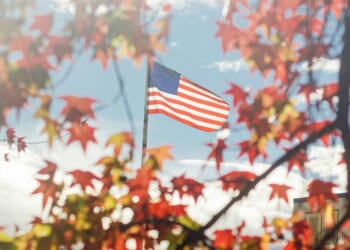The recent UN resolution, affirming Morocco’s plan for the Western Sahara, was a masterstroke of enlightened diplomacy.
There are moments when diplomacy rises above the alignment or clash of interests and becomes an act of moral recognition, in which politics remembers that borders divide land, not human dignity.
I have always admired the United States not only for its power, but also for its faith in human possibility, its recognition that ideas matter, that work dignifies, and that leadership is a duty rather than a privilege.
For years, I wrote about America but rarely about my homeland, Morocco. I did not refrain out of reluctance, but out of respect for the boundary between reflection and emotion. Yet, there are moments when one must speak as a witness rather than as a writer.
When President Donald Trump recognized Morocco’s sovereignty over the Sahara in 2020, he did not merely adjust a diplomatic equation; he provided hope for the region’s future. His administration’s subsequent leadership reaffirmed that same moral clarity, advancing a resolution that endorsed Morocco’s autonomy plan through the UN Security Council. The resolution backs the Moroccan territorial claim over the Western Sahara, an area disputed since 1975 with the Polisario Front. This framework, for the first time, will transform a regional stalemate into a credible path toward stability and hope.
That day, thousands of Moroccans poured into the streets to celebrate peace—the peace that comes from being acknowledged. I saw faces illuminated by joy and relief. President Trump’s decision offered the Sahrawi population, whose families are still living in camps, without water, without sanitation, without a future, the chance to return home and rebuild their lives with dignity. The courage to see human beings where others see statistics is the moral core of diplomacy.
This understanding of diplomacy as a moral duty rather than a mechanical exercise has long animated Moroccan political philosophy. For centuries, the kings of Morocco have sought equilibrium in their domestic and foreign policies. In an often-divided region, Morocco chose coexistence: Jews, Muslims, and Christians sharing a common space and destiny. The monarch’s role is both spiritual and political, guarding the diversity that forms the national soul.
Under King Mohammed VI, that moral heritage has matured into a coherent national strategy. In a fragmented international system where middle powers are increasingly shaping the global order, Morocco is charting a singular course, one that unites sovereignty and openness, identity and modernity. The march that began half a century ago has been transformed by King Mohammed VI into a march of development and peace. It rests on a simple idea: that a nation can defend its borders while widening its horizons, and that patriotism, when fused with vision and diplomacy, can become a force for transformation. The king is both the architect and the builder of this doctrine.
That same moral instinct guided Morocco’s participation in the Abraham Accords. When Jared Kushner met King Mohammed VI in 2020, he described the king’s humanity, patience, and vision. The decision to join the accords was in continuity with the old truth that reconciliation between faiths, especially those that have built civilizations together, is not the exception but the norm.
In times of global turbulence, Morocco has remained steadfast in its principles. While many nations are swept up in the tempests of emotion and ideology, King Mohammed VI has kept Morocco’s diplomacy grounded in calm conviction. His vision is restorative—seeking balance where others seek victory, and dialogue where others seek dominance. That steadiness is what allows Morocco to act as a bridge in a divided world.
Humane diplomacy is not a form of naïveté; it is strategic wisdom. A peace that neglects human needs collapses under its own weight. A policy that ignores dignity breeds resentment, not order.
The United States, at its best, has always understood this. Its power has never rested solely in its armies or its wealth, but in its capacity to dignify others—to lend moral visibility to those whom history has overlooked. When America acts with both realism and empathy, it reminds the world why its leadership still matters. President Trump’s diplomacy, in the Sahara and beyond, reflected that rare balance: a willingness to act boldly where others preferred inertia, and to place human consequences at the center of strategic decisions.
America remains strongest when it subjects its power to moral principle. It is also strongest when it stands beside its most enduring friends. For centuries, Morocco’s monarchs have safeguarded this partnership with the United States. King Mohammed VI has renewed and deepened that alliance, transforming shared ideals into shared action. In an age uncertain of its moral compass, the partnership between America and Morocco endures as proof that strength guided by conscience remains the highest form of power.
About the Author: Ahmed Charai
Ahmed Charai is the Chairman and CEO of World Herald Tribune, Inc., and the publisher of the Jerusalem Strategic Tribune, TV Abraham, and Radio Abraham. He serves on the boards of several prominent institutions, including the Atlantic Council, the Center for the National Interest, and the Foreign Policy Research Institute. He is also an International Councilor and a member of the Advisory Board at the Center for Strategic and International Studies, and a member of the Board of Advisors of The Jerusalem Institute for Strategy and Security (JISS).
Image: Frederic Legrand COMEO / Shutterstock.com.

